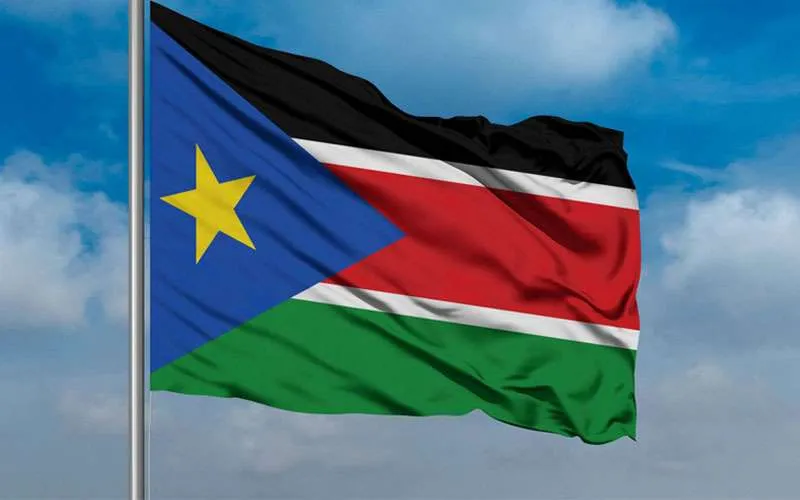Yei, 11 February, 2021 / 1:17 pm (ACI Africa).
As schools in South Sudan remain closed in adherence to a fresh lockdown in the East-Central African nation, a Catholic teacher in the country’s Yei Diocese is concerned that the situation exposes school going children to various challenges including early pregnancies and marriages.
South Sudan issued new lockdown measures on February 3, directing closure of all pre-schools, schools, universities and all the other learning institutions.
Those exempted in the new measures include classes scheduled for examinations “with observations of strict protective measures.”
Addressing local media during supervision of Primary school exams scheduled to end Friday, February 12, Mr. Samuel Maude of Christ the King Primary School said that early pregnancies had already been recorded among school going girls during the first COVID-19 lockdown in the country following the outbreak of the coronavirus.
“If this COVID-19 lockdown stays longer like last year, we will have more pregnancy issues. Last year many of our pupils aged 13 years and below got pregnant at home,” Mr. Maude said Wednesday, February 10.








